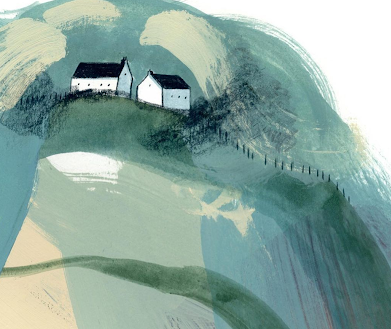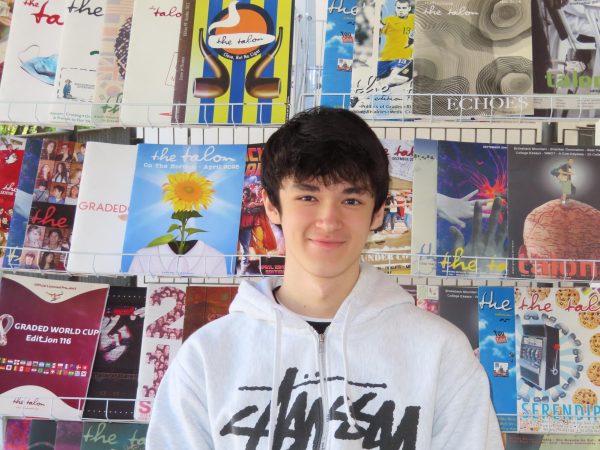The hum of the Learning Lab’s solar panels is barely audible, but their impact is loud and clear. On a sunny day, this single building runs entirely on sunlight, a symbol of a campus that is steadily re-engineering its relationship with the environment. Graded’s new partnership with Reconectta, a sustainability education organization, frames the effort with a bold premise: there are no environmental problems, only environmental symptoms of human problems, and education is the main solution.
Ms. Elaine Gabor, Graded Director of Business and Operations, explains the beginning of these initiatives: “In 2021, after the worst phase of the pandemic, global awareness of humanity’s impact on the planet increased significantly. At Graded, we recognized that teaching about sustainability in the classroom was not enough. The school also needed to embody those values in its daily practices.
We are committed to modeling practices on our campus that foster a more sustainable future, showing how both the individual actions of a community and the collective efforts of an institution can add up to create meaningful impact. Since the creation of Green Graded, Graded has consistently implemented awareness programs for administrative and operational staff, as well as for teachers, combining facilities improvements with ongoing educational initiatives. Over the years, these efforts have led to a growing number of initiatives that make Graded’s operations increasingly sustainable.”
Graded’s Sustainability Initiatives
Graded has spent years weaving renewable energy into daily operations. Two solar heating systems on the Athletics Center roof warm the pool and locker-room showers, while the Learning Lab draws all its electricity from rooftop solar panels.
In 2019, the school also joined the Mercado Livre de Energia, a program that lets institutions choose their power source. Graded deliberately avoids conventional hydroelectric power—which can disrupt ecosystems—and instead selects cleaner options like wind, solar, and biomass.
Organic waste, nearly half of the school’s daily output, now fuels an ambitious composting program. With a capacity of 16,000 kilograms per year, the system converts cafeteria scraps into nutrient-rich fertilizer used across Graded’s green spaces.
Water, too, is carefully managed. Monthly monitoring prevents leaks, and faucets and toilets have built-in reduction mechanisms. Rainwater collection systems redirect water to the Athletics Center and main garage, while solar-powered recharging kiosks with hanging gardens harvest rain for landscaping. These kiosks also offer shaded seating and clean energy to charge devices, making sustainability visible and practical.
Education as an Engine
Graded’s sustainability committee emphasizes that these measures are only half the story. The other half is educational. By collaborating with organizations to bring initiatives to campus, the school is embedding sustainability into lessons and daily life, helping students link global environmental issues to personal choices. From science labs to compost bins, each project is designed to be a living classroom.
As Reconectta Director of Projects, Aline Fanti puts it, “From an early age, it is crucial to foster admiration, respect, and various forms of connection with nature, cultivating feelings of belonging, love, and responsibility. This process involves not only information and scientific knowledge, but especially experiences and opportunities for exploration encouraged by fields such as scientific and climate literacy.”
All of these initiatives come at a cost. Some—like solar heating systems or large-scale composting—require significant upfront investment and may take years to reach financial break-even. Others, such as carbon-neutral event certification, are simply more expensive than conventional approaches. Yet, Graded’s leadership views these choices as essential investments in education. Even when a project is not immediately cost-effective, the school values its ability to model climate responsibility and inspire students
Graded still has a long way to go on its sustainability journey. New technologies, changing climate realities, and the evolving expectations of students will continue to challenge the school to do more. As Ms. Gabor puts it, “this is just the beginning—more initiatives are on the way.” But the message to students is unmistakable: sustainability is not a single project but a way of thinking and living.
Source: https://www.graded.br/about/sustainability-at-graded















